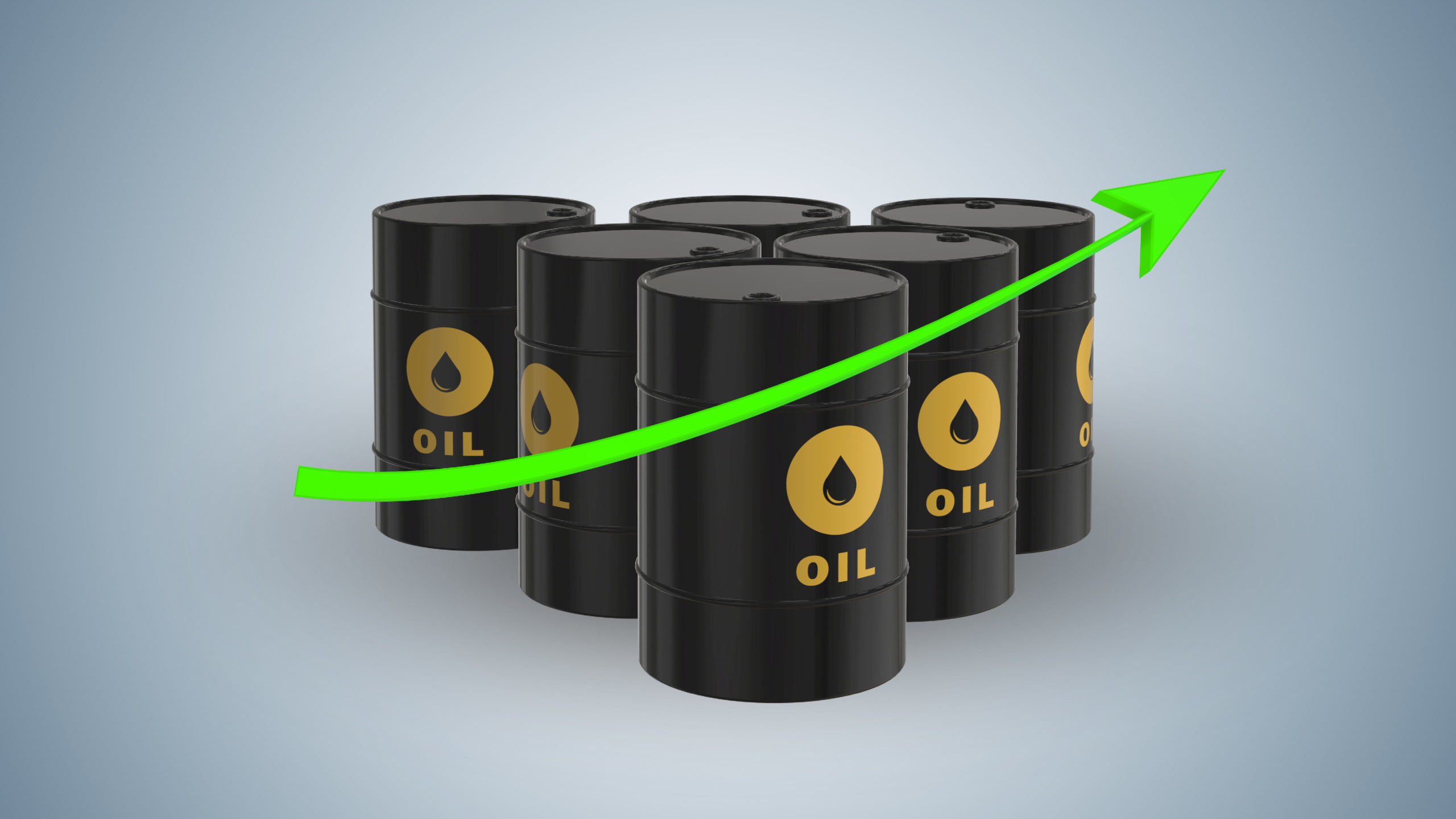High Oil Prices and the Process of Energy Transition
Asharq Al-Awsat, London, September 26
Prices for Brent and Bonny Light crude oils have recently risen to around $95 and $100 per barrel, respectively, to compensate for a lack of American light shale oil. This is far from the first time prices have hit such high levels. Yet what makes this increase in price especially notable is its connection to the process of energy transition—the global shift from fossil fuels to renewable energy sources—which has been exacerbated and further complicated by the emergence of the COVID-19 pandemic, followed by the Ukrainian war and Europe’s boycott of Russian oil. The UN’s Conference of Parties (COP) on Climate Change in Paris 2015 made a decisive effort to move countries towards renewable energy sources. Significantly, this agreement was not only given widespread public approval but also won the backing of most of the world’s nations—including a nod from the Obama Administration. However, former President Donald Trump sought to reverse the Paris decisions, arguing that it harmed America’s economic interests. After his departure, current US President Joe Biden gave his approval for the initiative once again. In response, the International Energy Agency (IEA) was tasked with mapping out a path to zero emissions; a road the IEA believed largely hinged on a reduction in oil consumption. This, however, disregarded the rapid rise in oil usage seen in the industrialized West, and also the low price of oil in the first half of the 20th century which enabled the invention of various transportation and consumer tools. Thus, the oil-producing nations felt slighted by this approach. Saudi Energy Minister Prince Abdulaziz bin Salman publicly described it as an “ambitious Hollywood movie,” expressing his discontent that the IEA’s report had no regard for the global energy industry or the investment and time needed to make these purported changes. The IEA has since predicted peak oil demand by 2030 and is attempting to pressure countries into halting the sale and use of gasoline-powered vehicles. Unfortunately, many Third World nations lack the capacity or will for this, while India and China have set their zero-emission goals for 2060 and 2070, respectively. British Prime Minister Rishi Sunak recently announced a five-year delay of a ban on new gas and diesel vehicles—originally scheduled for 2030—saying it was motivated by the “unacceptable costs” to ordinary people. He also mentioned he would honor the UK’s aim of reaching zero emissions by 2050 but with a “more realistic approach.” The IEA’s ongoing campaign to marginalize the role of oil in the face of increased global demand and the Ukraine war has caused a disruption in the oil markets. This is another dilemma for the markets, with the IEA’s calls for reduced investment in the oil sector due to its expectation for peak demand by 2030. Abdulaziz bin Salman advised caution and the continuation of investment in both traditional energy and renewable alternatives, noting that current oil usage surpasses 100 million per barrels per day and renewable technologies are not yet versatile enough to replace it entirely. It is expected that the OPEC+ group and Saudi Arabia will bring this stance to the UN Climate Change Conference (COP28) scheduled to take place in the UAE at the end of the year. —Walid Khadduri (translated by Asaf Zilberfarb)

